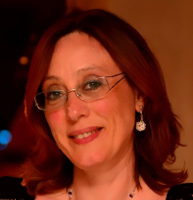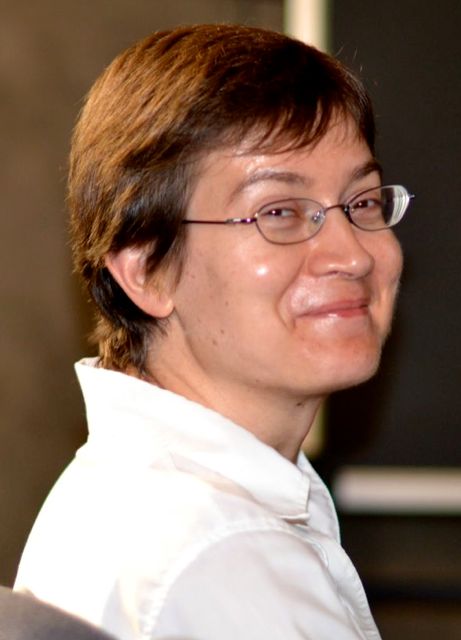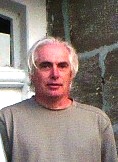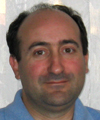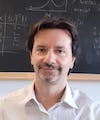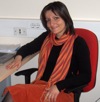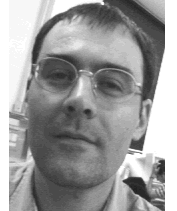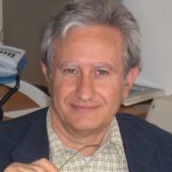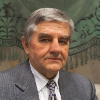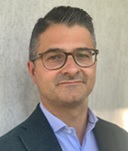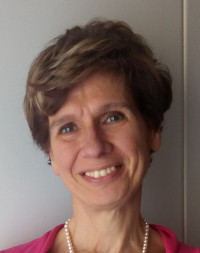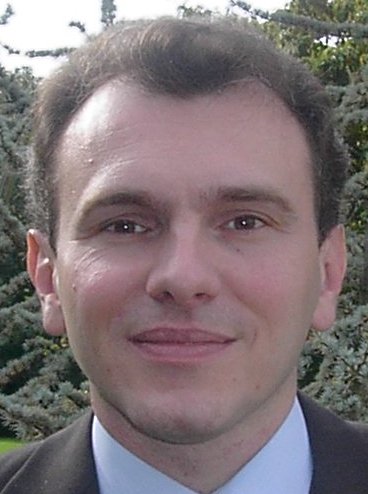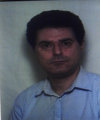Studying at the University of Verona
Here you can find information on the organisational aspects of the Programme, lecture timetables, learning activities and useful contact details for your time at the University, from enrolment to graduation.
Academic calendar
The academic calendar shows the deadlines and scheduled events that are relevant to students, teaching and technical-administrative staff of the University. Public holidays and University closures are also indicated. The academic year normally begins on 1 October each year and ends on 30 September of the following year.
Course calendar
The Academic Calendar sets out the degree programme lecture and exam timetables, as well as the relevant university closure dates..
| Period | From | To |
|---|---|---|
| 1st Semester | Oct 1, 2009 | Jan 31, 2010 |
| 2nd Semester | Mar 1, 2010 | Jun 15, 2010 |
| Session | From | To |
|---|---|---|
| Sessione straordinaria | Feb 1, 2010 | Feb 28, 2010 |
| Sessione estiva | Jun 16, 2010 | Jul 31, 2010 |
| Sessione autunnale | Sep 1, 2010 | Sep 30, 2010 |
| Session | From | To |
|---|---|---|
| Sessione autunnale | Oct 1, 2009 | Oct 1, 2009 |
| Sessione straordinaria | Dec 3, 2009 | Dec 3, 2009 |
| Sessione invernale | Mar 24, 2010 | Mar 24, 2010 |
| Sessione estiva | Jul 19, 2010 | Jul 19, 2010 |
| Period | From | To |
|---|---|---|
| Festa di Ognissanti | Nov 1, 2009 | Nov 1, 2009 |
| Festa dell'Immacolata Concezione | Dec 8, 2009 | Dec 8, 2009 |
| Vacanze Natalizie | Dec 21, 2009 | Jan 6, 2010 |
| Vacanze Pasquali | Apr 2, 2010 | Apr 6, 2010 |
| Festa della Liberazione | Apr 25, 2010 | Apr 25, 2010 |
| Festa del Lavoro | May 1, 2010 | May 1, 2010 |
| Festa del Santo Patrono di Verona S. Zeno | May 21, 2010 | May 21, 2010 |
| Festa della Repubblica | Jun 2, 2010 | Jun 2, 2010 |
| Vacanze Estive | Aug 9, 2010 | Aug 15, 2010 |
Exam calendar
Exam dates and rounds are managed by the relevant Science and Engineering Teaching and Student Services Unit.
To view all the exam sessions available, please use the Exam dashboard on ESSE3.
If you forgot your login details or have problems logging in, please contact the relevant IT HelpDesk, or check the login details recovery web page.
Should you have any doubts or questions, please check the Enrollment FAQs
Academic staff
 nome.cognome[at]uniud.it
nome.cognome[at]uniud.it
 gino.mariotto@univr.it
gino.mariotto@univr.it
Mastrogiacomo Elisa
Todorov Velitchko
 velitchko.todorov@univr.it
velitchko.todorov@univr.it
 luca.vigano@univr.it
luca.vigano@univr.it
Study Plan
The Study Plan includes all modules, teaching and learning activities that each student will need to undertake during their time at the University.
Please select your Study Plan based on your enrollment year.
1° Year
| Modules | Credits | TAF | SSD |
|---|
2° Year activated in the A.Y. 2010/2011
| Modules | Credits | TAF | SSD |
|---|
3° Year activated in the A.Y. 2011/2012
| Modules | Credits | TAF | SSD |
|---|
Due insegnamenti a sceltaUn insegnamento a scelta| Modules | Credits | TAF | SSD |
|---|
| Modules | Credits | TAF | SSD |
|---|
| Modules | Credits | TAF | SSD |
|---|
Due insegnamenti a sceltaUn insegnamento a sceltaLegend | Type of training activity (TTA)
TAF (Type of Educational Activity) All courses and activities are classified into different types of educational activities, indicated by a letter.
Elements of organic chemistry (2009/2010)
Teaching code
4S02718
Teacher
Coordinator
Credits
6
Language
Italian
Scientific Disciplinary Sector (SSD)
CHIM/06 - ORGANIC CHEMISTRY
Period
2nd Semester dal Mar 1, 2010 al Jun 15, 2010.
Learning outcomes
The aim of the course is to provide the students with the intellectual tools necessary to understand the chemistry of biomolecules, i.e. organic compounds found in biological systems, by describing their molecular structures, functions, and physico-chemical properties. An introduction to cheminformatics methods will be given.
Program
- Structure and properties of the main functional groups.
- Acidity and basicity in organic chemistry. Definitions according to Lewis and Broensted. Relative strength of acids and bases: effect of the structure on acidity.
- Conformational analysis and stereochemistry.
- Introduction to cheminformatics software: virtual representation of organic molecules and conformational analysis by molecular mechanics.
- Carbohydrates: classification and configuration. Disaccharides and polysaccharides of biological interest.
- Lipids: most relevant compounds and physico-chemical characteristics. Membrane models.
- Aminoacids: structure, isoelectric point. Peptides and proteins: physico-chemical properties.
- Nucleic acids: nucleosides, nucleotides, DNA, RNA.
Examination Methods
The student will need to take a written and an oral test.
Teaching materials e documents
-
 Lezione1
(pdf, it, 1675 KB, 01/03/10)
Lezione1
(pdf, it, 1675 KB, 01/03/10)
-
 Lezione10
(pdf, it, 2074 KB, 18/04/10)
Lezione10
(pdf, it, 2074 KB, 18/04/10)
-
 Lezione11
(pdf, it, 1636 KB, 18/04/10)
Lezione11
(pdf, it, 1636 KB, 18/04/10)
-
 Lezione12
(pdf, it, 1998 KB, 03/05/10)
Lezione12
(pdf, it, 1998 KB, 03/05/10)
-
 Lezione13
(pdf, it, 918 KB, 03/05/10)
Lezione13
(pdf, it, 918 KB, 03/05/10)
-
 Lezione14
(pdf, it, 1971 KB, 10/05/10)
Lezione14
(pdf, it, 1971 KB, 10/05/10)
-
 Lezione15
(pdf, it, 985 KB, 10/05/10)
Lezione15
(pdf, it, 985 KB, 10/05/10)
-
 Lezione16
(pdf, it, 2142 KB, 18/05/10)
Lezione16
(pdf, it, 2142 KB, 18/05/10)
-
 Lezione17
(pdf, it, 1126 KB, 18/05/10)
Lezione17
(pdf, it, 1126 KB, 18/05/10)
-
 Lezione2
(pdf, it, 2562 KB, 01/03/10)
Lezione2
(pdf, it, 2562 KB, 01/03/10)
-
 Lezione3
(pdf, it, 1269 KB, 01/03/10)
Lezione3
(pdf, it, 1269 KB, 01/03/10)
-
 Lezione4
(pdf, it, 1347 KB, 08/03/10)
Lezione4
(pdf, it, 1347 KB, 08/03/10)
-
 Lezione5
(pdf, it, 1155 KB, 08/03/10)
Lezione5
(pdf, it, 1155 KB, 08/03/10)
-
 Lezione6
(pdf, it, 1456 KB, 08/03/10)
Lezione6
(pdf, it, 1456 KB, 08/03/10)
-
 Lezione7
(pdf, it, 2826 KB, 22/03/10)
Lezione7
(pdf, it, 2826 KB, 22/03/10)
-
 Lezione8
(pdf, it, 2122 KB, 22/03/10)
Lezione8
(pdf, it, 2122 KB, 22/03/10)
-
 Lezione9
(pdf, it, 2383 KB, 29/03/10)
Lezione9
(pdf, it, 2383 KB, 29/03/10)
-
 LezioneC1
(pdf, it, 876 KB, 29/03/10)
LezioneC1
(pdf, it, 876 KB, 29/03/10)
Type D and Type F activities
Modules not yet included
Career prospects
Module/Programme news
News for students
There you will find information, resources and services useful during your time at the University (Student’s exam record, your study plan on ESSE3, Distance Learning courses, university email account, office forms, administrative procedures, etc.). You can log into MyUnivr with your GIA login details: only in this way will you be able to receive notification of all the notices from your teachers and your secretariat via email and soon also via the Univr app.
Graduation
List of theses and work experience proposals
| Stage | Research area |
|---|---|
| Correlated mutations | Various topics |
Attendance
As stated in the Teaching Regulations for the A.Y. 2022/2023, attendance at the course of study is not mandatory.

 +39 045 802 7949
+39 045 802 7949

